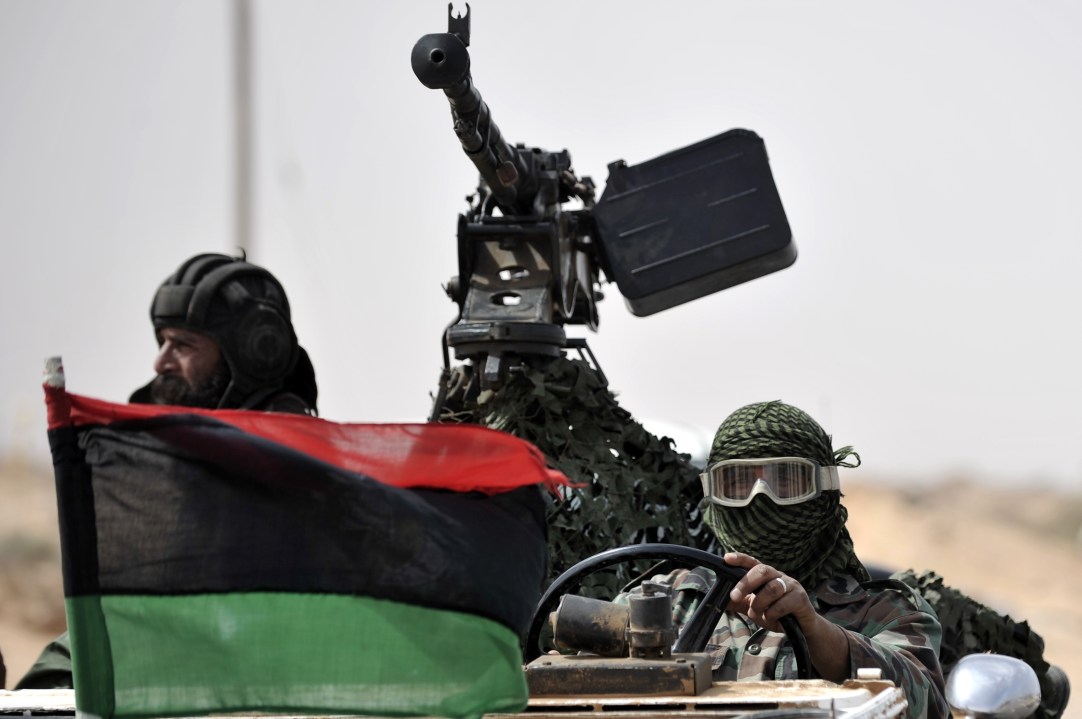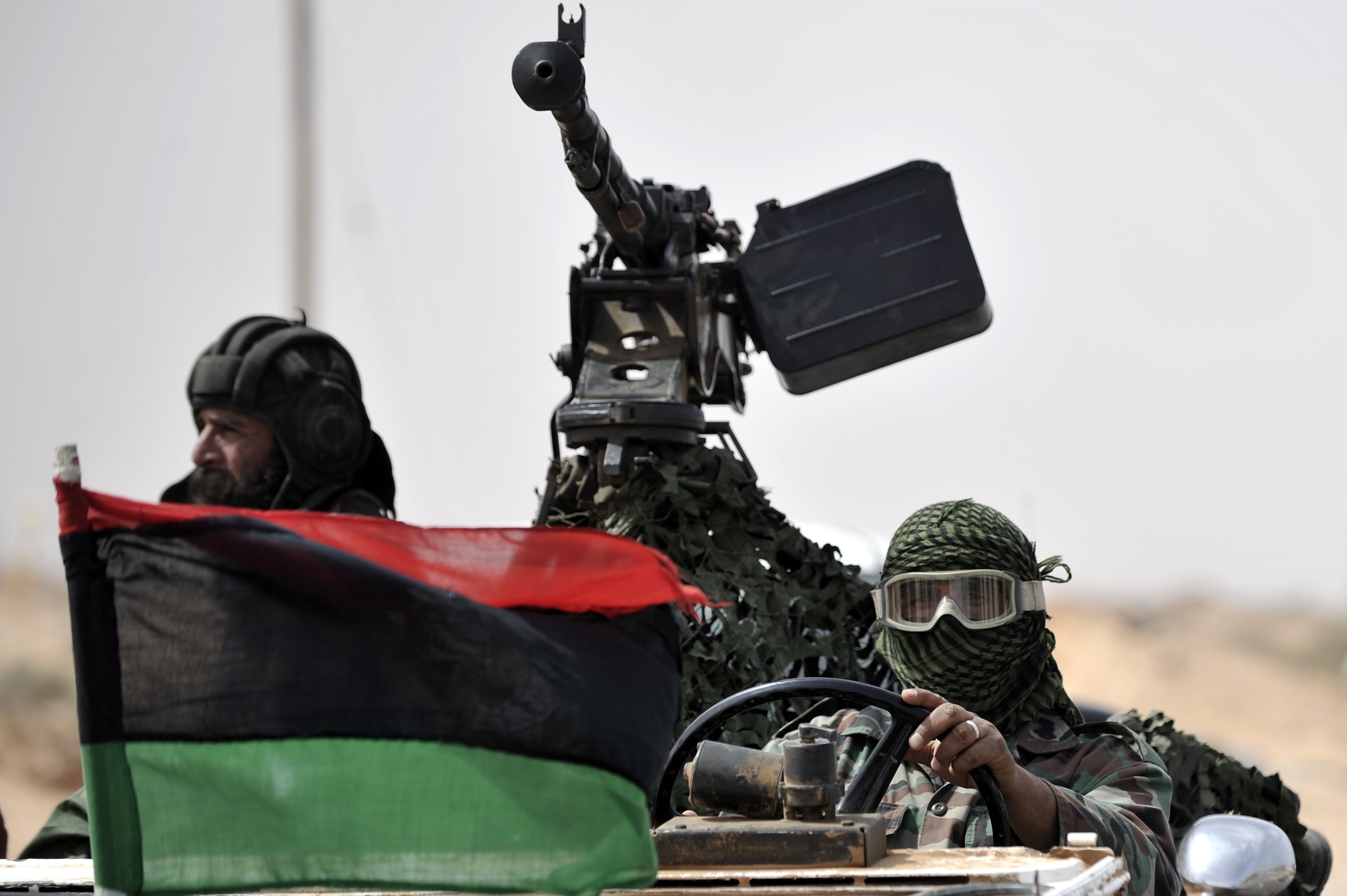 Despite small falls in petrol prices last month, the consequence of a supermarket price war according to the AA, motoring becomes ever more expensive. Political campaigns have opened as pressure builds at the pumps; and these campaigns have been co-opted by influential organs such as the Sun.
Despite small falls in petrol prices last month, the consequence of a supermarket price war according to the AA, motoring becomes ever more expensive. Political campaigns have opened as pressure builds at the pumps; and these campaigns have been co-opted by influential organs such as the Sun.
The government has reacted: taking part in the International Energy Agency’s decision to release reserves onto the market to counter those members of OPEC that connive to sustain high oil prices. The government has also relaxed some of its windfall taxes on companies operating in the North Sea.
However, supply remains uncertain, not least because so much of Europe’s petrol was sourced from Libyan light sweet crude fields, which have ceased to operate at full capacity since civil war erupted. Production has dropped from 1.6 million barrels a day to a little over 100,000 barrels, and Europe accounted for 85 per cent of those supplies.
There is a danger that this crisis will persist even after the conflict has ended. In a report released today, Barclays Capital warns that “the reincorporation of Libyan oil into the world market increasingly seems a distant possibility.”
As the FT observes, “A series of factors suggest that production will struggle to return to its pre-war levels. Oil reservoirs are likely to have suffered a lack of basic maintenance during the conflict. Libya’s reliance on foreign oil companies also means the international personnel who left in February would need safety reassurances before they could return.”
Above all though, the political morass will continue to impede production. Colonel Gaddafi’s oil minister, Shokri Ghanem, has apparently been assuring western oil companies that their contracts are safe, although common sense dictates that those who trust Gaddafi will get their fingers burnt, especially if he wins. Meanwhile, Libya’s National Transitional Council has said that it will review all oil contracts and insists that no contracts will be awarded to foreign companies until it is elected. Last week’s assassination and the apparent rising tide of Islamism do not bode well for long-term stability, let alone democratic processes.







Comments